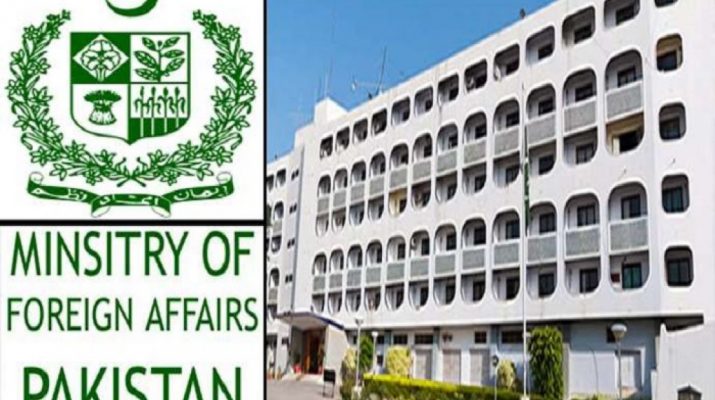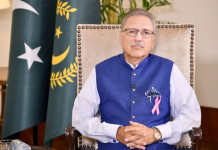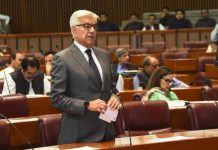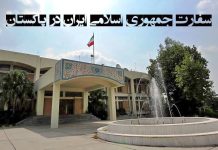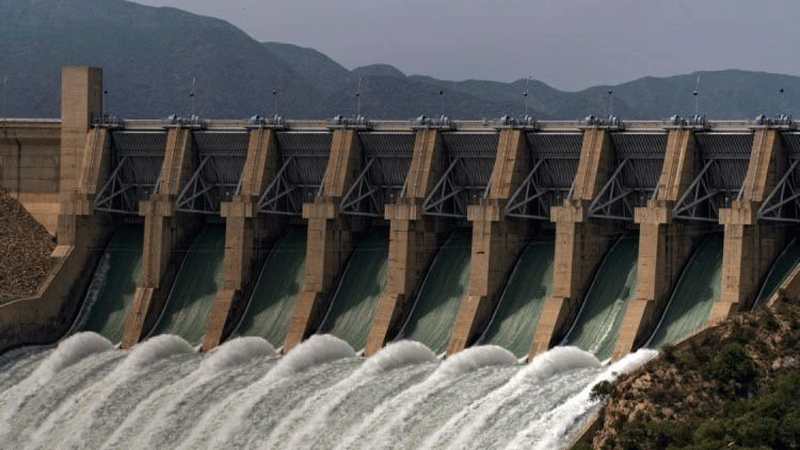
In its detailed judgement on a public interest litigation over construction of dams, an SC bench comprising four judges, three of whom are from the Punjab, urged the nation to forge unanimity on construction of Kalabagh Dam and asked the relevant authorities in all the four provinces ‘to bury their perceived differences’..
The bench, headed by Chief Justice of Pakistan Mian Saqib Nisar and comprising by Justice Umar Ata Bandial, Justice Ijazul Ahsan and Justice Munib Akhtar, said in the verdict, “The four brothers must bury their perceived differences and put their heads together earnestly and sincerely to ensure water security for the prosperity of Pakistan and our future generations. Let it not be said that we failed them.”
The last hearing of the case was conducted on July 4.
The bench noted with dismay that the executive had not taken steps for the construction of Kalabagh dam in view of the Council of Common Interest’s (CCI) September 16, 1991, and May 9, 1998, decisions. It said that the CCI, in its first decision, had approved the construction of the multipurpose project, and added that in its second decision, the Council had re-visited the project, when the Natural Water Resources Development Program (NWRDP) headed by the Ministry of Water and Power was directed to prepare for its detractors a document explaining the issues involved in the construction of Kalabagh dam and addressing political and technical concerns about it.
It noted that there was evidence to suggest that many of the fears and misgivings held by various people were misconceived and not well-founded, ‘being based on certain preconceived premises and presumptions’. The bench said strict adherence to the terms agreed upon by all provinces in the Water Apportionment Accord of 1991 would automatically address many of the concerns. The court also proposed steps to address the issue of water scarcity.
Firstly, it sought improvement of infrastructure and equipment; secondly, it sought regulation of groundwater extraction for all types of uses, namely, industrial, commercial and agricultural; thirdly, it suggested rationalisation of water pricing; and fourthly, it urged the government to reduce quantity of water that is unaccounted for. This can be done by installation of meters for the Indus River System Authority to monitor, it suggested.
Published in Daily Times, September 19th 2018.



